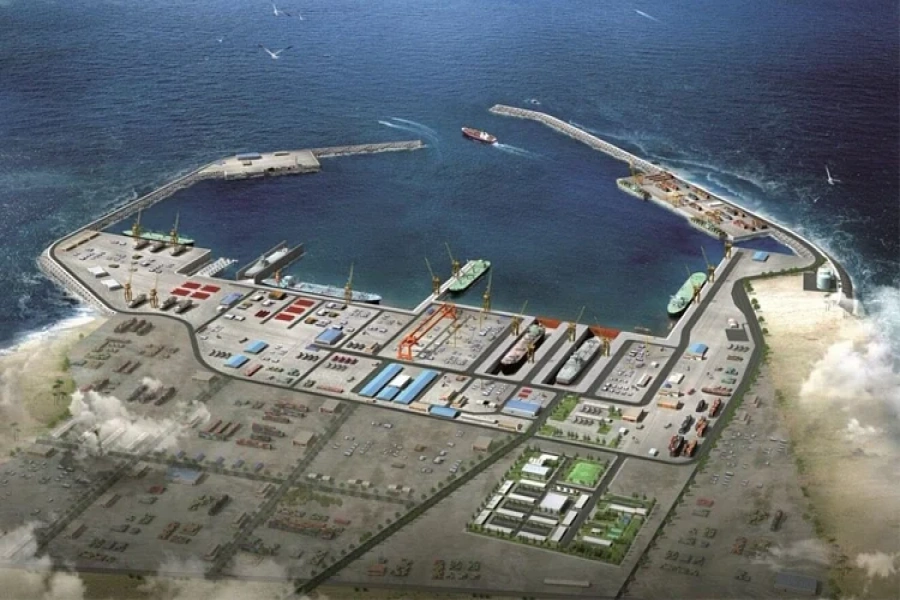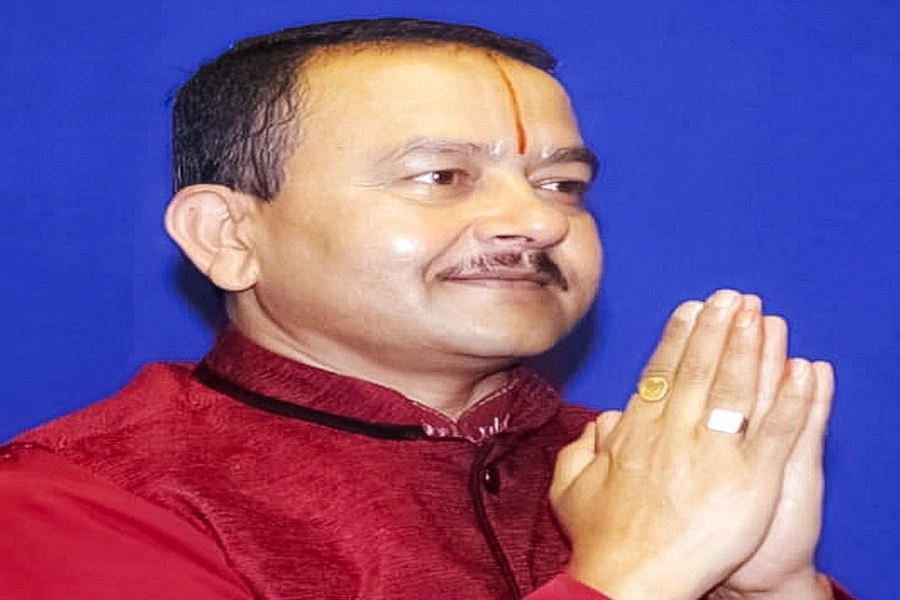KATHMANDU, July 4: Expressing strong dissatisfaction over the performance of the present government, major ruling coalition partner CPN (Maoist Center) has again intensified lobbying to form new government under its own leadership.
While calling for change of government, the Maoist leaders have been bringing up the gentleman's agreement reached with the CPN-UML, which heads the ruling coalition.
With the top leaders of the CPN (Maoist Center) taking a formal decision on Saturday to intensify talks for forming a consensus government under its own leadership, the debate on forcing the current government to step down has taken a more serious tone this time.
Accusing the UML of being reluctant to implement the nine-point agreement reached between the two parties, the Maoist Center leaders have mandated the party Chairman Pushpa Kamal with the responsibility of holding 'serious talks' with the UML before initiating consultations with other parties.
Leaders of the Maoist Center claimed that the UML had agreed to hand over the government leadership to the Maoist Center after the endorsement of the budget for the fiscal year 2016/17 from the parliament.
"A gentleman's agreement had been reached between the UML and the Maoist Center to hand over the government leadership to Maoist Center after the endorsement of the budget with a view to form a national unity government," said Maoist Center Spokesperson Pampha Bhusal.
She, however, said that Maoist Center was ready to sacrifice the government leadership if the present prime minister could convince Nepali Congress (NC), the largest political party in the parliament, to join the existing coalition.
The ruling coalition partners, UML and Maoist Center, had signed a nine-point agreement in May, soon after the Maoist leaders reached an understanding with the NC to topple the UML-led coalition and form a new government under the leadership of Pushpa Kamal Dahal, the chairman of CPN (Maoist Center).
Narayankaji Shrestha, vice-chair of the CPN (Maoist Center), said that the party was compelled to take initiatives to form consensus government as the present coalition couldn't create an environment to address demands of agitating Madhesi parties and hold elections for all three levels--federal, provincial and local bodies--by January 2018.
Meanwhile, the NC leaders said that they would join the negotiations for change of government only after the the ruling Maoist party quits the government.
"We agreed to push for forming a new government in the past after the Maoists approached us with the proposal of a new government. But the party backtracked later," NC leader Prakash Sharan Mahat said. "We can discuss the formation of a new government only after the Maoists quit the present government."
UML leaders maintain that the Maoist Center would not break the coalition citing the regular meetings between the two ruling parties and the good understandings they share with regard to government functions. "The rumors of government change are baseless," said the prime minister's Chief Advisor Bishnu Rimal.
Maoist Centre not in favor of toppling government: Dahal







-1200x560-1772467693.webp)






























